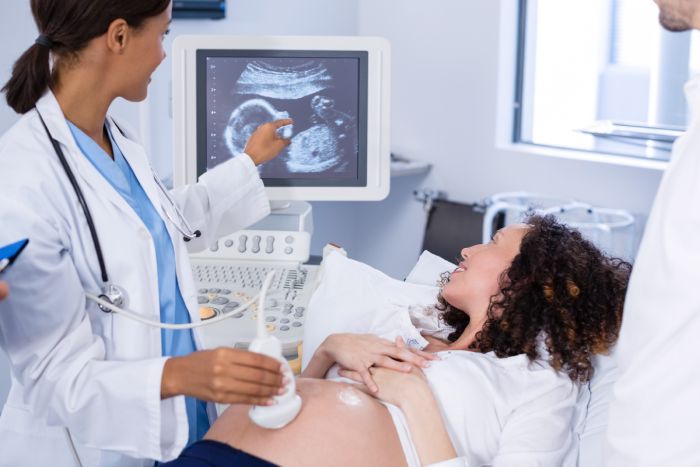Centres for Assisted Reproduction
SANUS Hradec Králové
SANUS Pardubice
SANUS Jihlava
Plastic surgery Health care - covered by insurance Beauty care – paid by the patient
Gynaecology Prenatal diagnosis
Medical genetics Urology X-ray site Orthopaedics Rehabilitation
Office hours Restaurant
Plastic surgery Health care - covered by insurance Beauty care – paid by the patient
Gynaecology Prenatal diagnosis
Medical genetics Urology X-ray site Orthopaedics Rehabilitation
Office hours Restaurant
Not sure? Contact us through our form HERE.
Prenatal diagnosis
The Sanus Sanatorium offers the most modern and accurate methods for detecting some congenital malformations in the first and second trimesters of pregnancy.

We cooperate with health insurance companies
in the Czech Republic























